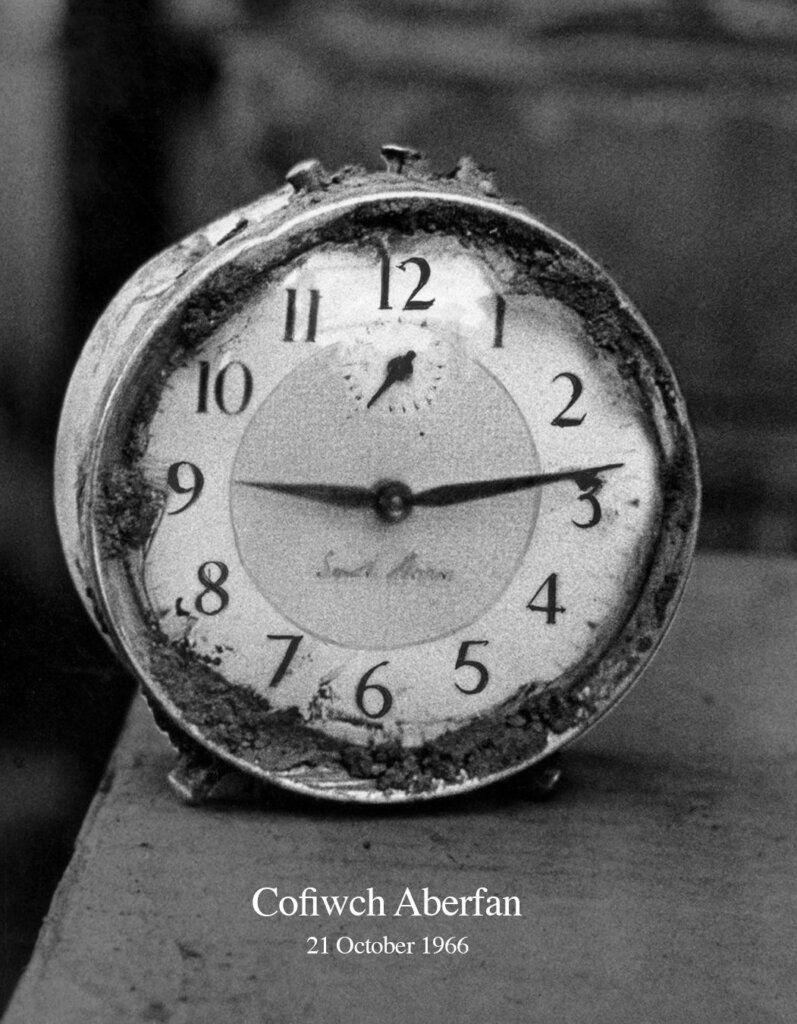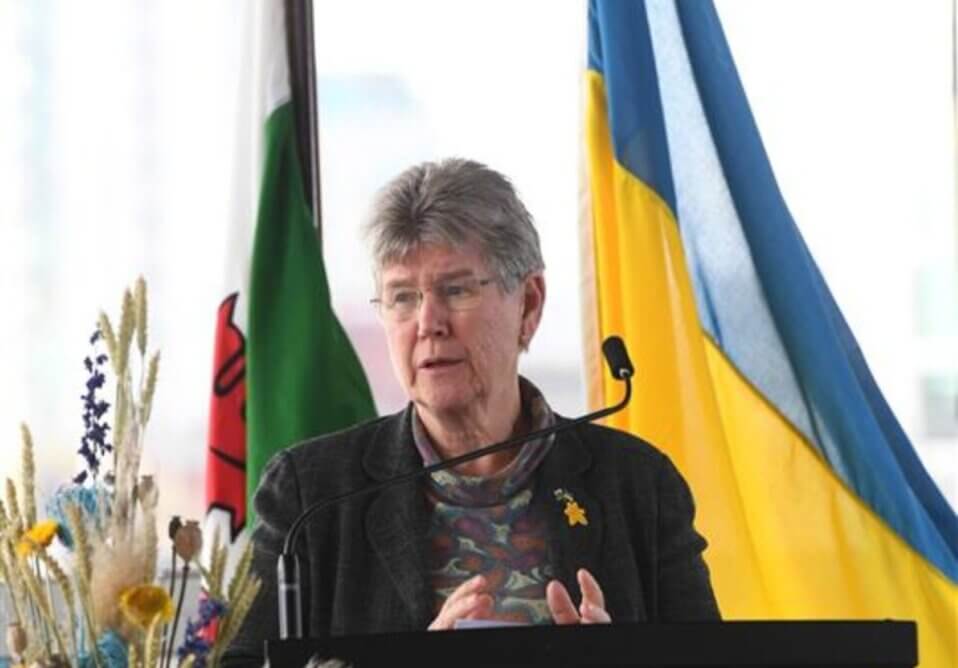Today marks 59 years since the Aberfan disaster – a tragedy that resonates with mining communities worldwide, including those in Ukraine, in a shared story of grief and solidarity.
The Aberfan Tragedy
On the morning of 21 October 1966, children at Pantglas Junior School in Aberfan, Wales, were preparing for their half-term holidays. At 9:13 am, a colliery spoil tip – a pile of mining waste – collapsed above the village, sending 150,000 cubic metres of coal waste cascading down the mountainside. The avalanche engulfed the school and nearby houses. By the time rescue efforts ended, 144 lives were lost – 116 of them children, mostly aged seven to ten, and five teachers who died trying to protect their pupils.
The disaster was preventable. Local authorities raised concerns about the spoil tips’ stability as early as 1963, but the National Coal Board ignored these warnings, prioritizing profit over safety.
A Shared Industrial Past
As a Ukrainian now living in Wales, I am struck by the parallels between the mining histories of Wales and Ukraine. Coal fueled the Industrial Revolution in Wales and powered Soviet and post-Soviet economies in Ukraine, shaping communities and livelihoods. Yet, in both nations, this industry brought devastating losses when safety was neglected.
Ukraine’s Mining Tragedies
While Aberfan is etched in Welsh memory, Ukraine’s mining disasters are less known globally. The Zasyadko mine in Donetsk, often called “the killer mine” due to its aging Soviet-era infrastructure, suffered repeated methane explosions, claiming over 200 lives across incidents in 1999, 2001, 2002, 2006, 2007 (Ukraine’s deadliest, with 101 deaths), and 2015.
In July 2011, two tragedies struck in a single day: a methane explosion at Sukhodilska-Skhidna in Luhansk killed 28 miners, while a collapsed elevator at Bazhana in Donetsk claimed 11. Other disasters, like Barakova in 2000 (81 dead) and Chervonolymanska in 2004 (37 dead), underscore the persistent dangers.
In the 2000s, Ukraine’s coal industry exacted a grim toll: for every million tonnes of coal produced, an average of five miners died and 350 were injured. On average, one miner perished underground daily. Like Aberfan, these tragedies were often preventable, with warnings ignored by those in power.
A Bond Through Loss
The mining communities of Wales and Ukraine share a legacy of loss, marked by negligence and the high cost of industrial progress. In Aberfan, memorials stand as a testament to resilience, in Ukraine, families continue to honor their lost and advocate for safer conditions.
Cofiwch Aberfan. Пам’ятаймо всіх.






